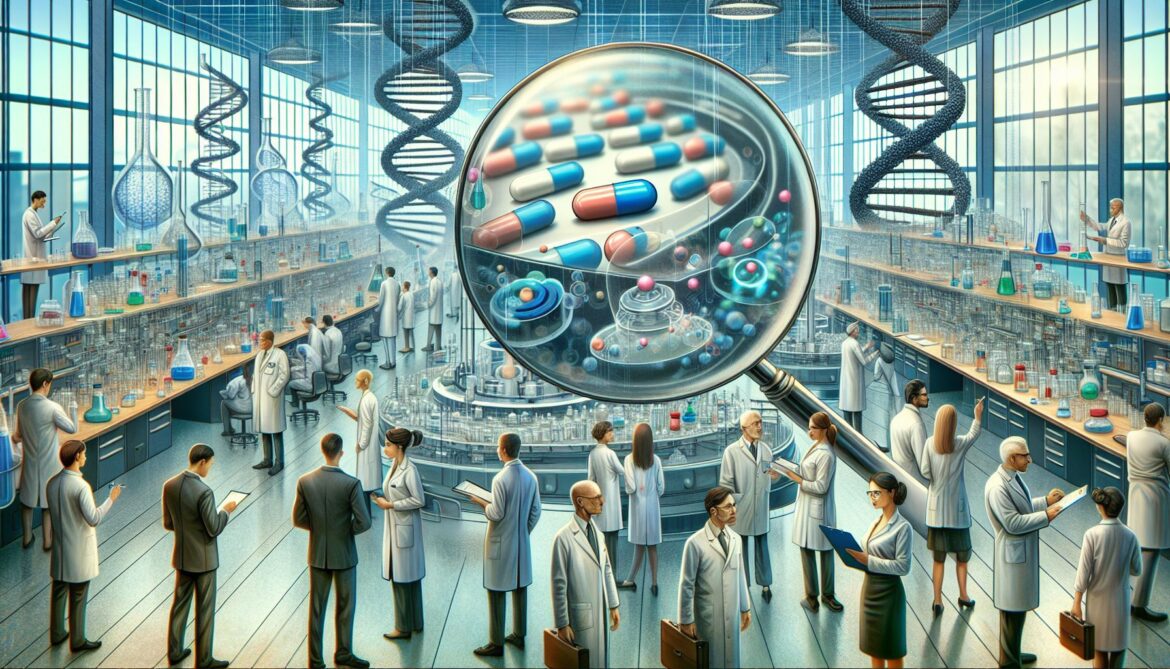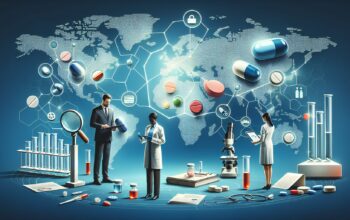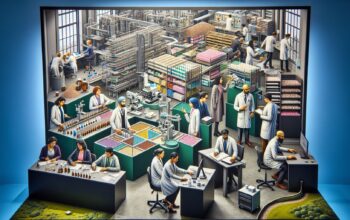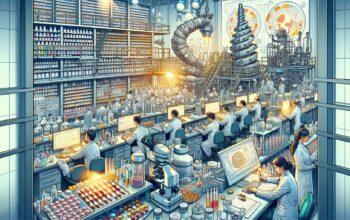
The pharmaceutical industry is one of the most significant sectors in the global economy. It plays a crucial role in the development and production of medicines that save and improve countless lives every day. Medicines are an integral part of modern healthcare, enabling patients to manage their illnesses, alleviate symptoms, and enhance overall well-being. In this blog post, we will explore the fascinating world of medicines and peek into the inner workings of the pharmaceutical industry.
Understanding Medicines
Medicines are substances or compounds developed to prevent, diagnose, treat, or cure diseases in humans and animals. They come in various forms, such as tablets, capsules, liquids, creams, and injections. Each medicine contains active ingredients that target specific biological mechanisms within the body to produce the desired therapeutic effect. The formulation and dosage of medicines are carefully designed to ensure efficacy, safety, and ease of administration.
Research and Development
The journey of a medicine starts with extensive research and development (R&D). Pharmaceutical companies invest significant time and resources into discovering new drugs. Scientists conduct rigorous studies to identify promising compounds and evaluate their potential therapeutic effects. This process involves testing the substances in preclinical trials using cells, animals, or specialized laboratory models.
Once a potential drug candidate is identified, it progresses to clinical trials, which are conducted in multiple phases involving human volunteers. These trials assess the medicine’s safety, dosage, efficacy, and possible side effects. Regulatory agencies meticulously review the trial data before approving the medicine for market use.
Manufacturing and Quality Assurance
Once a medicine is approved, pharmaceutical companies engage in large-scale manufacturing. This involves complex processes to ensure consistent and reliable production of medicines following strict quality standards. Manufacturers must adhere to Good Manufacturing Practices (GMP) to ensure the highest level of quality, purity, and potency.
Quality assurance is paramount in the pharmaceutical industry. Thorough testing is conducted throughout the manufacturing process to verify the medicine’s identity, potency, and absence of contaminants. Stringent quality control systems guarantee that each batch of medicine meets the required specifications before distribution.
Market Access and Patient Safety
After successfully manufacturing a medicine, pharmaceutical companies need to gain market access. They secure regulatory approvals from relevant authorities to market and distribute the medicine to patients. This process often requires rigorous documentation, demonstrating the medicine’s safety, efficacy, and reliable manufacturing processes.
Patient safety is at the core of every pharmaceutical company’s mission. Firms continuously monitor the safety profile of their medicines in the market and maintain transparent communication with healthcare professionals and regulatory agencies. Adverse events are diligently reported, enabling continuous improvement in safety measures.
Conclusion
The pharmaceutical industry plays a vital role in improving public health by developing and manufacturing medicines that benefit patients worldwide. The meticulous process of research, development, manufacturing, and quality assurance ensures that medicines are safe, effective, and reliable. This sector fosters innovation and continually strives to address unmet medical needs and improve patient outcomes. The fascinating world of medicines and the pharmaceutical industry holds immense promise for the future of healthcare, ensuring a healthier and more prosperous world for all.


